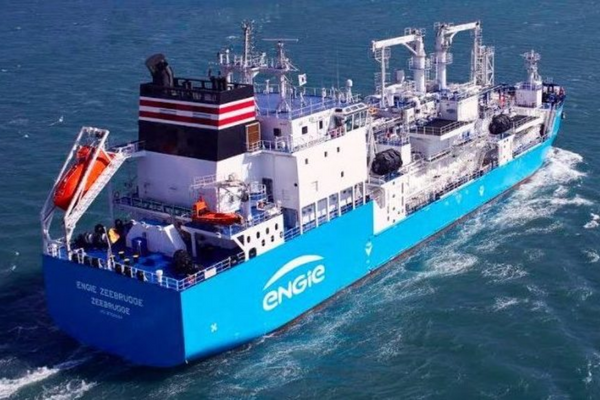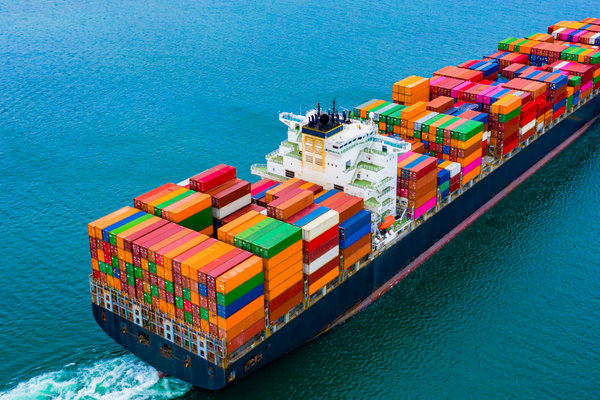Some of the key components of ship management include:
Crew management: This involves recruiting, training, and managing the crew of a ship, including ensuring that they have the necessary qualifications and certifications to perform their duties.
Maintenance and repair: Ships require regular maintenance and repairs to keep them in good working condition. This can include everything from minor repairs to major overhauls, and may involve both scheduled and unscheduled maintenance.
Compliance: Ships are subject to a variety of laws and regulations, and it is the responsibility of ship management to ensure that the ship and its crew are in compliance with all relevant laws and regulations.
Safety: The safety of the ship, its crew, and its passengers is of the utmost importance. Ship management is responsible for implementing safety procedures and protocols, and for ensuring that the ship is equipped with the necessary safety equipment and systems.
Budgeting and cost management: Ships are expensive to operate and maintain, and ship management must budget and manage costs effectively in order to keep the ship running efficiently.
Ship management

Crew Recruitment

Crew recruitment:
Crew recruitment and training are essential components of ship management. Finding the right crew members and providing them with the necessary training is crucial for the safe and efficient operation of a ship.
Finding the right crew members requires a thorough understanding of the qualifications and certifications required for different positions on a ship.
It also involves advertising job openings, reviewing resumes and applications, conducting interviews, and making hiring decisions.
Recruitment process need to be compliant with the laws and regulations of the country and the ship will operate in.
Crew Training:
Finding the right crew members requires a thorough understanding of the qualifications and certifications required for different positions on a ship.
It also involves advertising job openings, reviewing resumes and applications, conducting interviews, and making hiring decisions.
Recruitment process need to be compliant with the laws and regulations of the country and the ship will operate in.
Ship agency services include:
Berthing and mooring arrangements: Coordinating with the port authorities to secure a berth for the ship, arrange for tugs, and ensure the ship is properly moored.
Cargo handling: Coordinating with stevedores and other cargo handlers to load and unload the ship's cargo.
Customs clearance: Assisting with the necessary paperwork and procedures to clear customs and comply with any other regulations.
Provision and supplies: Arranging for the delivery of necessary provisions and supplies to the ship while in port.
Repairs and maintenance: Coordinating with shipyards and other service providers to arrange for any repairs or maintenance that the ship may need.
Crew matters: Assisting with the crew's needs such as accommodation, transport, and medical services.
Ship agency services are provided by specialized companies that have experience and knowledge of the local conditions and regulations. They ensure that all necessary steps are taken to ensure the smooth operation of the ship and the timely completion of its voyage.
In summary, ship agency services play an important role in the maritime industry by providing necessary support for ships, their Stop generating
Ship agency

Ship repair:
It refers to the maintenance and repair of ships and their systems. This can include everything from minor repairs to major overhauls, and may involve both scheduled and unscheduled maintenance.
Repairs may be required for various systems such as propulsion, electrical, navigation, and safety systems.
Professional shipyard or repair facility is usually involved to carry out the repair works.
Spare supply:
It refers to the provision of spare parts and other necessary items to keep the ship running smoothly. This can include everything from engine parts to navigation equipment and safety gear.
It is important for the ship to have a good inventory of spare parts and supplies on board to minimize downtime and ensure that it can continue its voyage in the event of a breakdown.
Spare supply can be done by a ship and Stop generating
Ship repair and spare supply

Technical & crew Management
Technical crew management content refers to information and resources related to the management of a ship's technical crew. This includes topics such as:
Recruitment and selection of technical crew members, including qualifications and experience required for different positions
Training and development of technical crew members, including both on-the-job and formal training programs
Scheduling and rotation of technical crew members to ensure adequate staffing levels and compliance with labor laws and regulations
Performance management and evaluation of technical crew members, including setting and monitoring performance goals and providing feedback
Safety management and emergency response training for technical crew members
Compliance with international maritime regulations and standards related to technical crew management
Best practices and industry standards for technical crew management
Some resources that would be useful for technical crew management content could include guides, templates, checklists, and case studies from industry experts and maritime organizations, as well as articles and reports on the latest developments in crew management, safety and compliance.
Bunkering is the process of supplying fuel or other bunker fuels (like coal, or natural gas) to ships, and other vessels. This process can happen at a port, at sea or in special bunkering stations. Bunkering is a critical operation for ships as they need fuel to power their engines, and for commercial ships to keep moving cargo. The process of bunkering is regulated by maritime laws and regulations to ensure safety and compliance.
Bunkering

Export and import

Recruitment and selection of technical crew members, including qualifications and experience required for different positions
Training and development of technical crew members, including both on-the-job and formal training programs
Scheduling and rotation of technical crew members to ensure adequate staffing levels and compliance with labor laws and regulations
Performance management and evaluation of technical crew members, including setting and monitoring performance goals and providing feedback
Safety management and emergency response training for technical crew members
Compliance with international maritime regulations and standards related to technical crew management
Best practices and industry standards for technical crew management
Some resources that would be useful for technical crew management content could include guides, templates, checklists, and case studies from industry experts and maritime organizations, as well as articles and reports on the latest developments in crew management, safety and compliance.
Content related to ship chartering can include information on the different types of charter arrangements available, such as voyage charters, time charters, and bareboat charters. It can also include information on the process of chartering a vessel, including how to find and negotiate with shipowners, and the legal and financial aspects of chartering a ship. Other content can include information on the charter market conditions, latest charter rates, and trends in the industry, as well as case studies and success stories of chartering.
Ship Chartering


